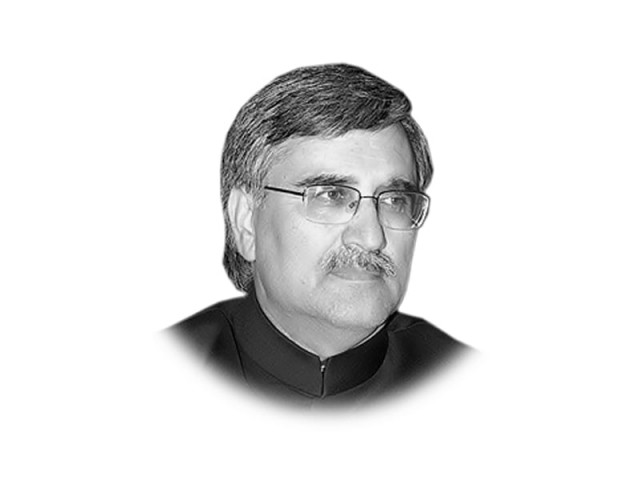
Bihar, with a population of 103 million, is the third-most populous state of India. About 17 per cent of the population is Muslim, which makes Bihar host to the second-largest population of Muslims among the Indian states. Bihar had posted a compound annual growth rate of 16.71 per cent during 2011-12, which was the highest among the Indian states. Bihar’s spending on development increased tremendously during the past five years with the expenditure during this period being higher than the cumulative expenditure during the preceding 50 years.
Bihar’s landmark governance initiative has been the passing of the Right to Public Service Act in 2011, which guarantees 52 basic services to its citizens within a fixed timeframe. Citizens can demand these services as a right and penalties are prescribed for public office holders who fail to provide them within the prescribed time limit. The state received 20 million applications during the one year after the passage of the Act of which some 95 per cent were disposed of within the target time.
Another innovation is that of providing the right to information (RTI) to the marginalised and illiterate sections of society, which cannot make written applications to demand information. Now, any citizen can file an application for information using mobile phones and the state is obligated to provide it within 30 days. Call centres have been established to convert public calls into written RTI applications. It is worth noting that RTI has assumed the scale of a movement in India and is extensively used by citizens.
Pakistan, which faces tremendous challenges when it comes to getting children vaccinated, especially against polio, can learn from Bihar, which has succeeded in increasing the percentage of full immunisation from 18.6 per cent in 2005 to 66.8 per cent in 2012. No fresh case of polio has been detected in Bihar since September 2010.
Pakistan and India have discussed issues such as Kashmir, Siachen, river waters, trade and terrorism for many years. However, public issues such as education, health, poverty eradication, right to services, etc, are new and welcome items on the menu.
As Kumar completes his second consecutive term as chief minister after serving six terms in the Lok Sabha and holding portfolios in the Union cabinet, he is being widely tipped as one of the most potent candidates for the future premier of India. His visit to Pakistan and exchange of views with top political leaders will provide him with necessary insight into Pakistan-India relations. Now that Pakistan is transforming itself into a stable democracy, the challenges of providing good governance under a democratic set-up may be easier to face by learning from each other. The goals of peace and friendship can be achieved not only by holding dialogues on bilateral issues but also by sharing experiences on good governance.
Published in The Express Tribune, November 11th, 2012.

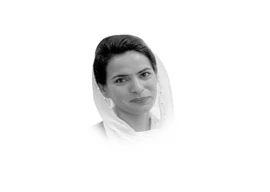


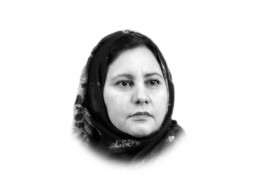

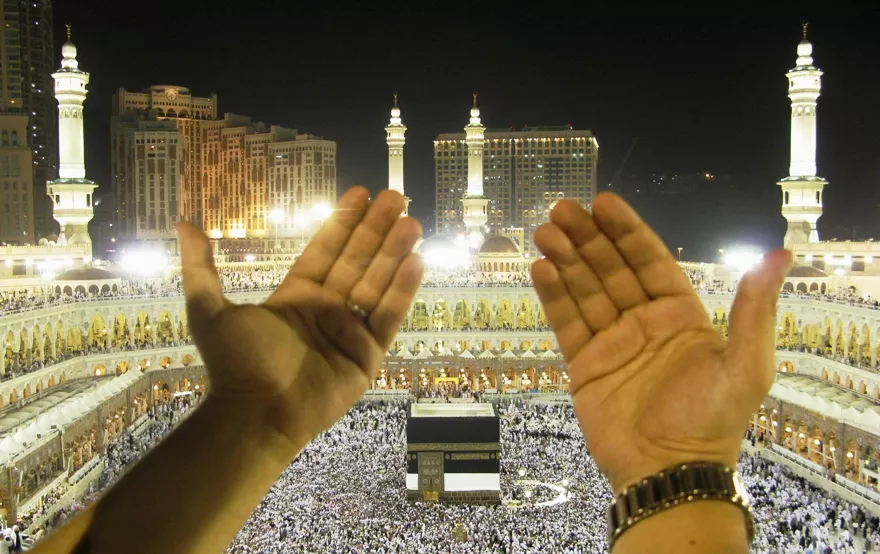




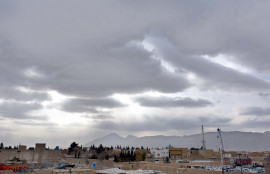



COMMENTS
Comments are moderated and generally will be posted if they are on-topic and not abusive.
For more information, please see our Comments FAQ